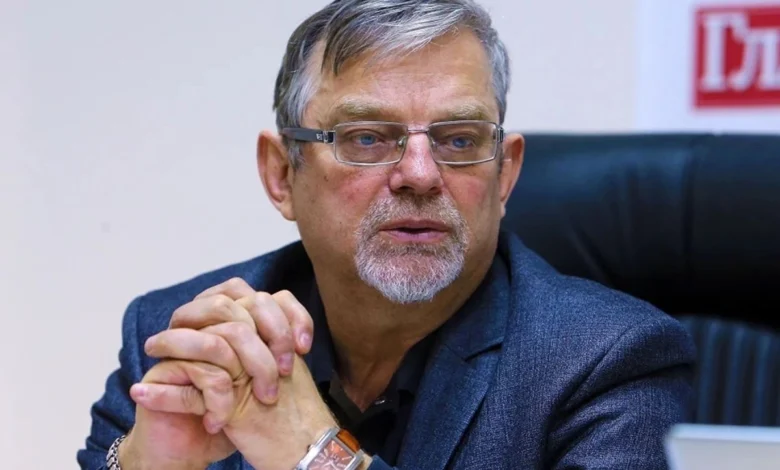“Trump Needs a Fresh Precedent”: Viktor Nebozhenko on Crimea and the New Logic of American Policy

Since the annexation of Crimea by Russia in 2014, the status of the peninsula remains the subject of constant international discussions, diplomatic disputes, sanctions decisions and war rhetoric. For Ukraine, this is a painful issue of territorial integrity and national sovereignty. For Russia, it is a symbol of geopolitical revenge. For Western countries, it is a test of consistency in upholding the principles of international law. Crimea has turned into a kind of test for the entire world community: how stable are the foundations on which the post-war security system was built, whether the principle of inviolability of borders really works, and whether the force of law matters in a world where the law of force increasingly prevails. Political signals about a possible change of position regarding Crimea—even conditional, informalized, or unofficial—cause a sharp reaction in the Ukrainian expert community, especially if such signals come from the United States. In this context, political scientist Viktor Nebozhenko provided an assessment in which he reflects on the broader geopolitical meaning of the “Crimean issue” — not only for Ukraine, but also for the global balance of power.
He believes that the US assumption of possible recognition of Russian control over Crimea creates an extremely dangerous international precedent that opens the door to a new division of the world. As the political scientist emphasized, if Washington is ready to agree to the annexation of Crimea, then a logical question arises: why does the same USA not recognize Königsberg (Kaliningrad) as a historical part of Germany, the Kuril Islands as part of Japan, and Taiwan as part of mainland China?
Nebozhenko noted that such selectivity demonstrates the double standards of American policy and essentially “invites” strong or aggressive states to the beginning of a new era of territorial conquests. According to him, such a position means de facto consent to the rewriting of borders by force, which destroys the foundations of the international order that have existed for the past 70 years.
The political scientist emphasized that President Donald Trump can use this “Crimean precedent” as a political tool for his own benefit. According to his logic, Trump needs a public and open confirmation that one powerful state can take part of the territory from a weaker one with impunity, change internationally recognized borders and benefit from it. It is this, as Nebozhenko emphasized, that allows Trump to survive in the chaos of the new global architecture, in which the US is no longer the guarantor of stability, but becomes the main participant in “redistribution”.
“The whole point is that Trump needs a fresh precedent when, in front of the whole world, one strong state openly takes from a weak part of its territory and changes internationally recognized borders in its favor (as Putin’s Russia did). This destroys the entire world order that has existed for the past 70 years, but allows President Trump to pass his presidential term in the chaos of a new world disorder.” – stressed the political scientist.
He also noted that after the legalization of Crimea, other geopolitical fantasies may appear, for example, about changing borders with Canada or Mexico. According to Nebozhenko, the Panama Canal or Greenland can follow the path of Puerto Rico and become formally “voluntarily attached” to the United States.
As the analyst emphasized, this imperial strategy of Trump, which is based on the example of Crimea, paves the way not only for new actions of Russia, but also for China’s ambitions – in particular, regarding the Far East of the Russian Federation or the Venezuelan-Guyanese conflict.





